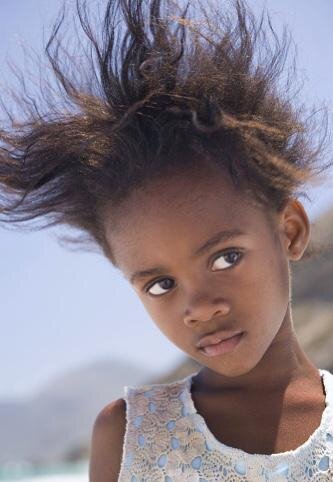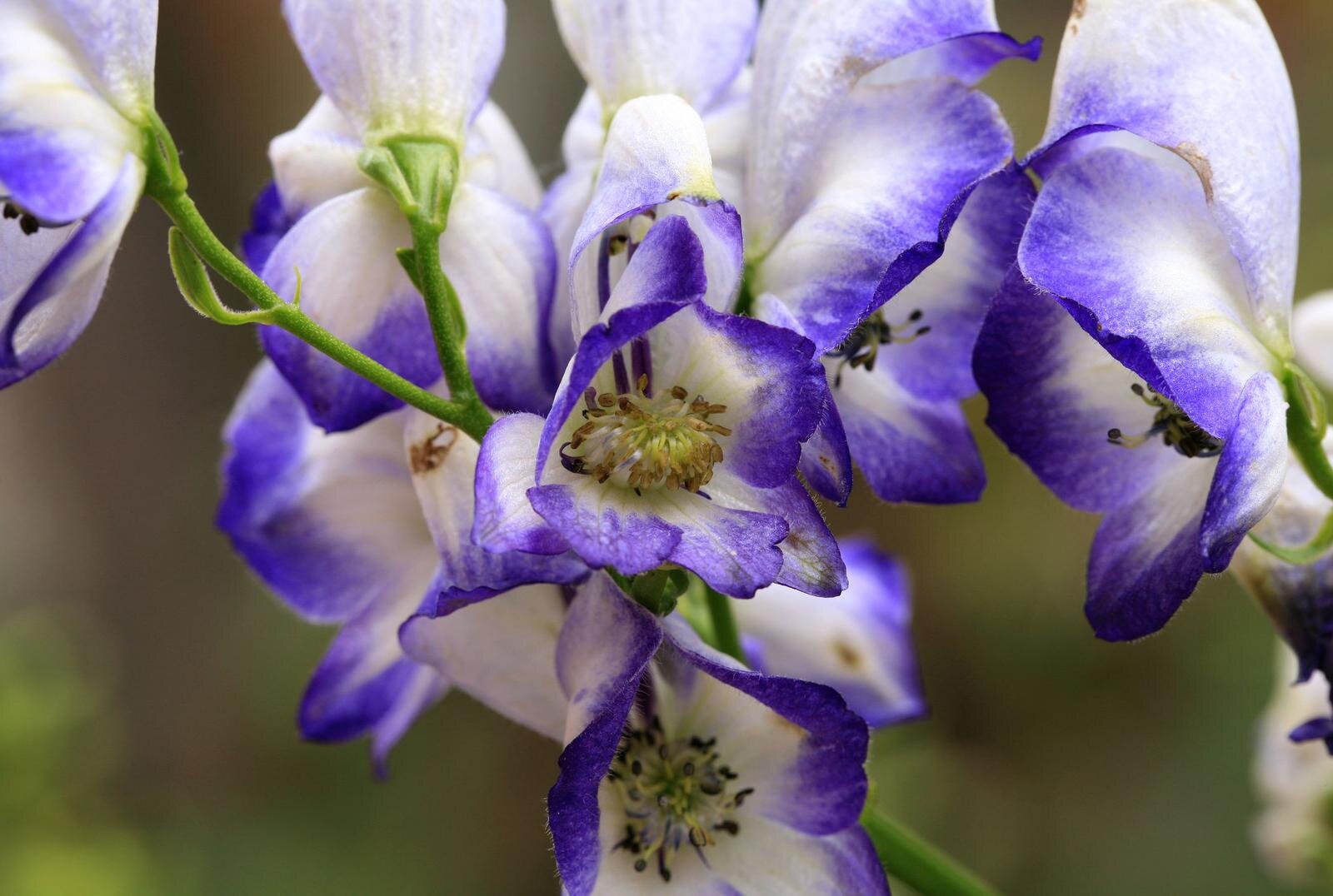-
Fear-mongering marketing:
It goes like this “ hair products are full of toxins, nasties, hormone disruptors, and cancer-causing ingredients’. Most, if not all of these claims don’t stand up to scrutiny.
Science discredits these claims, yet I see them everywhere. Brands don’t even talk about what makes their product effective anymore, instead, they focus on telling us it has no toxins. But what exactly does this mean? Toxins?
In the UK beauty products have to be safety assessed prior to them coming to the market. Any nasties or harmful substance would be picked up by a qualified and independent safety assessor, trained in science. Moreover, most cosmetic products including things like shampoos and conditioners are developed in laboratories with strict procedures, which includes testing, even before independent assessor sanctions the product for sale.
Fear-mongering marketing is leading to misinformation, confusion, and unnecessary anxiety amongst black consumers specifically. Last year, I read a badly written piece linking black hair products to infertility and I shuddered. There was no evidence, no facts, but there was a lot of convoluted ideas that actually sounded plausible - plausible if you have zero understanding.
In the skincare sector, I have seen a strong push-back on the rhetoric of toxins, nasties, and chemical-free products, but we are yet to see it in the hair community, particularly natural hair community.
Why am I so bothered? as I said above its misinformation, wrong information, and bother line unethical. I’m also in the business of education and it completely hinders my ability to even speak rationally to some people at times.
Sometimes I come across that person who insists on making their own deep conditioner because ...... nasties! Sadly, they are missing out on some great products, including how simple this hair journey can be.
Worse still, the focus on these “nasties” is a distraction from focusing on the real education that still needs to be done within our community. Products aren’t the bogeymen, the bogeyman is you and I; how we treat our hair, how we talk about our hair, relaxing children’s hair, excessive braiding and cornrows, these are the bogeymen causing immeasurable damage. It is not sulphates. It’s not silicone. it is not mineral oil. It is not imaginary hormone disruptors.
Of course, all these claims are made in the bid to convince you that their own natural product is best! So let’s look at that claim.
2. Natural products are best:
This is simply not true. But let’s go back a step, what does natural mean to you? For many, it implies that the products are formulated with ingredients found in nature, often from plants, such as botanical oils or clays.
These natural offerings are often pitted against chemical products, but wait, water is a chemical right? Yes they say, but not that type of chemical they say ...... how about your essentials oils? Are they natural or chemical? Think carefully before you answer that question.
My position on this natural vs chemical debate is nuanced. I am a proponent of safe products that deliver. Poison Ivy is natural. Hogweed is natural. Stinging nestle is natural. They are all dangerous by the way. There are many plants that can kill you on touch. They are all-natural. The very idea that anything that comes out of nature is safe and even effective is flawed.
This is why in this country natural products still have to be safely tested. Let me give you a perfect example, when we were formulating the Khalila oil it had to be adjusted twice to meet safety requirements. Some may wonder why since it’s all-natural ... wait ... what did you answer for essential oils? Natural or chemical? Essential oils are some of the most potent chemicals and known allergen around as well as botanical extracts. You cannot assume they are safe until they have been tested in each formulation - this means they have to be used correctly.
Peppermint oil for example has caused considerable problems for two people on my course before their doctor figured it out ... one was really using it wildly! To grow back edges!
3. Relaxing Children’s hair:

This year I want to be unequivocally clear. I am against relaxing children’s hair. Personally, I don’t think healthy hair practitioners should continue to do this. If the mother/father wants to relax a child’s hair tell her/him to find somewhere else. if more healthy hair proponents refuse to relax, more parents will begin to reconsider their choices. Hairdressers helped to normalise relaxers for children, it’s time they helped to de-normalize it.
In the UK it is illegal for anyone under the age of 18 to get a tattoo. Imagine! But every 6 weeks we are prepared to inflict micro and real damage to the scalp of our children. It needs to stop.
4. The bastardisation of Ayurvedic herbs:
The natural hair community has adopted Ayurvedic herbs more than Indians( that’s my dry joke!!.) Sadly, these much-respected ancient principles have entered the realm of capitalism and monetization without any consideration of the lifestyle that underpinned these herbs.
Ayurvedic practices didn’t start with topical application of ingredients on one’s head. It starts with your digestion! Your food! But that’s not an easy or sexy sell.
We have a tendency in the natural hair community to lean towards the most complicated when simple formulations or techniques will do.
I am not against herbs. I come from a heritage rich in the use of herbs, but we must be cautious, at what point do you as a consumer consider whether there is even enough of one herb in a formulation to make a difference! And what is the evidence base for its use or does this not matter?
We have to have these conversations in my opinion - for everyone interested in education and consumer protection we just have to have this conversation!

